
CAN THE PALEO DIET AFFECT YOUR PERFORMANCE?
This dietary pattern, known and referred to as the Paleo diet, targets the exclusion of grains, legumes, dairy products, salt, refined sugar and all processed foods and oils. The Paleo diet consists mainly of grass-fed and pasture-raised meats, fish, eggs, vegetables, fruits, fungi, roots, and nuts [1,4].
After evaluating the nutritional value of the Paleo diet, researchers currently classify it as a low-carbohydrate diet. On average, the estimated nutrient composition of this diet is 35% calories from fats, 35% from carbohydrates, and 30% from protein (although no specific amount is considered to be the goal, and it is not the same for every person eating a paleo diet). According to this division, some indicate that the Paleo diet has a moderate supply of carbohydrates [5]. However, let's consider that current dietary guidelines from the European Food Safety Authority (EFSA) recommend that carbohydrates should constitute 45–60% of total daily calories [3,5].

WHY IS IT POPULAR IN THE FITNESS COMMUNITY?
Studies have shown that the protein intake in a paleo diet represents 29.6% of the total energy intake, hence higher than the recommended daily recommendation of about 15% of energy contribution. Higher protein needs can be observed in the athletic population, given that the current recommendation for an average adult is 0.8 grams per kg (2.2 lbs) of body weight per day. In comparison, for endurance and strength training athletes, it's about 1.2 to 1.4 grams and 1.4 to 2.0 grams per kg (2.2 lbs) of body weight per day, respectively [8]. This disparity explains why professional athletes are particularly interested in the Paleo diet [3]. Even prominent CrossFit athletes claim to eat the Paleo diet, which has recently boosted the popularity of the diet [6].

HEALTH BENEFITS OF THE PALEO DIET
Most studies suggest that a paleo diet positively affects body composition, carbohydrate metabolism, blood lipids, and blood pressure. It has also been linked to cardiovascular benefits, often attributed to the high amount of fruits and vegetables in the dietary pattern. However, the opposite effect has been found due to the content of red meat promoted to maintain this type of diet [7].
Very few studies have evaluated the effects of a paleo diet in combination with exercise on cardiorespiratory fitness in healthy and unhealthy adults. To date, there is no scientific study on the effect of the Paleo diet on professional athletes. Nonetheless, there are many potential positive aspects of the Paleo diet for athletes [6], where there is an emphasis on the following:
1-Protein and branched-chain amino acids (BCAAs): The Paleo diet is rich in animal protein, which is the best source of BCAAs—valine, leucine, and isoleucine—known to stimulate muscle growth and regeneration.
2-The abundance of fruits and vegetables: The significant amount of vitamins and minerals and the small contribution of anti-nutritional substances from cereal products and legumes may be valuable as well.
3-Avoiding refined and processed carbohydrates.
Additionally, the Paleo diet recommendations of consuming whole foods and pasture-raised meats seem to promote a more favourable omega-3 intake [4].

WHY DOES IT WORK FOR BODY COMPOSITION (TO GET LEAN)
The results of many clinical trials show evidence that low-carbohydrate diets (LCDs) with a high protein and fat content or even a ketogenic diet (KD) promote weight loss and decrease susceptibility to metabolic diseases (e.g., obesity and type 2 diabetes) [6].
Given the characteristics of this diet to focus on eliminating certain foods and not following a specific nutrient distribution, this can lead to energy-deficient diets. Then the beneficial effect on weight loss could be due simply to a caloric restriction, which is one of the experts' hypotheses. This is precisely why meeting nutritional needs on a paleo diet is most likely only happening if done under careful planning.

EFFECT ON PERFORMANCE
The potential performance-enhancing properties of paleo diets on the athlete's body originate due to the high creatine content in the diet facilitated by the amount of branched-chain amino acids (BCAAs) described previously [2].
In contrast, when the Paleo diet contained a calorie deficit, it was shown to accelerate the feeling of fatigue and reduce concentration, thus decreasing the effectiveness of training. Currently, dietary guidelines for athletes emphasize a high carbohydrate intake related to concerns about the depletion of muscular glucose storage and its effect on fatigue and adaptation [6].

OTHER HEALTH EFFECTS
High cholesterol levels and an omega-3 fatty acid called EPA in the Paleo diet could cause negative health effects if subjects exceed the recommended daily dose (200-500mg), increasing the risk of cancer and cardiovascular disease [9].
Another concern throughout the years has been the potential for a high-protein diet to overstress the kidneys. Research has shown that no adverse effects of a high-protein diet appear in healthy individuals. In a study on bodybuilders consuming a high protein diet (2.8 g per kilogram body weight), no adverse changes were seen in kidney function tests. However, in individuals with existing kidney disease, it is recommended that they limit their protein intake to approximately half of the normal RDA level for daily protein intake (0.8g per kilogram body weight) [3].
It is very important to consider that many people with kidney dysfunction are unaware of their condition. Therefore, the potential harm of excess protein intake on the kidneys may not be adequately reported in the sports nutrition literature. Studies suggesting that high-protein intake may be associated with kidney disease have led the nephrology community to make conservative recommendations, suggesting that we can't say with certainty that a high-protein diet is safe [10].

BOTTOM LINE
The Paleo diet is not sufficiently backed up by research to be used as a performance enhancer since research still doubts whether the paleo diet can meet the energy requirements of athletes, given its low carbohydrate availability. Nonetheless, it could be a great solution for fat loss and promoting a whole food-rich diet.
When diet patterns include restricting certain food groups, it is advised to pay closer attention to how it is done to ensure your overall nutrient intake is appropriate and not negatively impacting your health. The paleo diet, as we covered in this article, can have significant benefits if done properly, and our FLEXIBLE collagen could be a great addition as it is pasture-fed bovine sourced and hence, paleo-friendly. Additionally, FLEXIBLE contains zero added sugar, sweeteners, or fillers of any type for a cleaner and more efficient result.


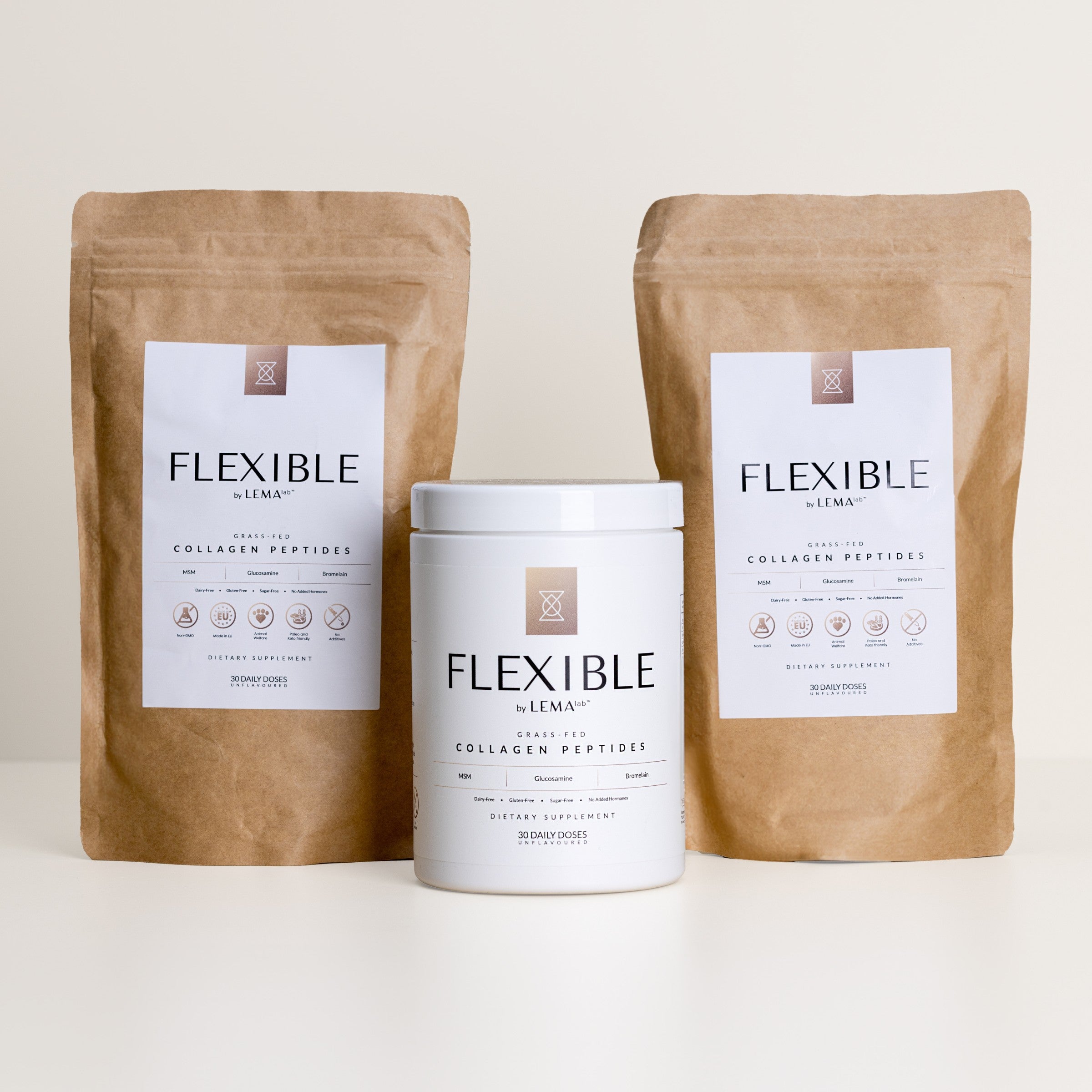
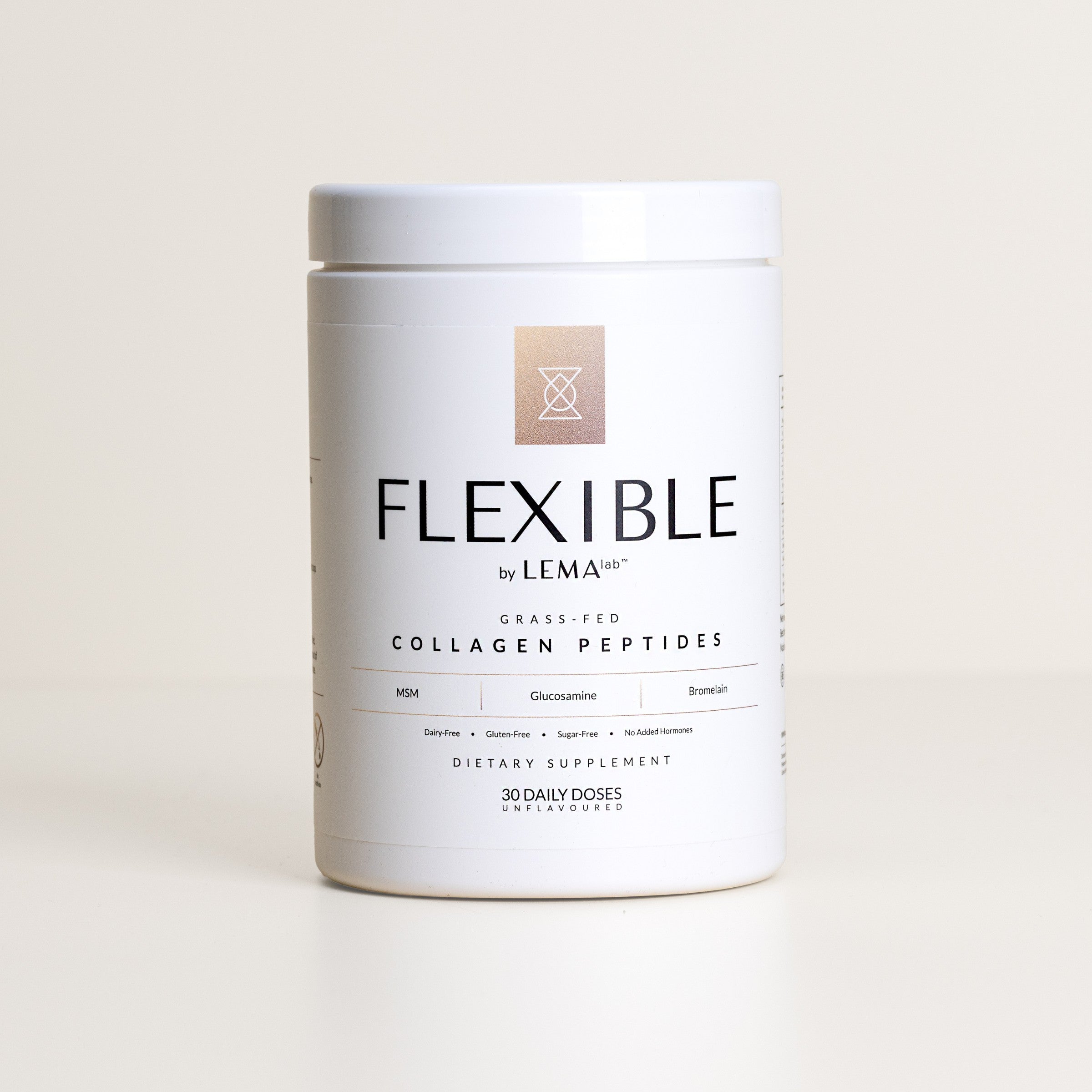

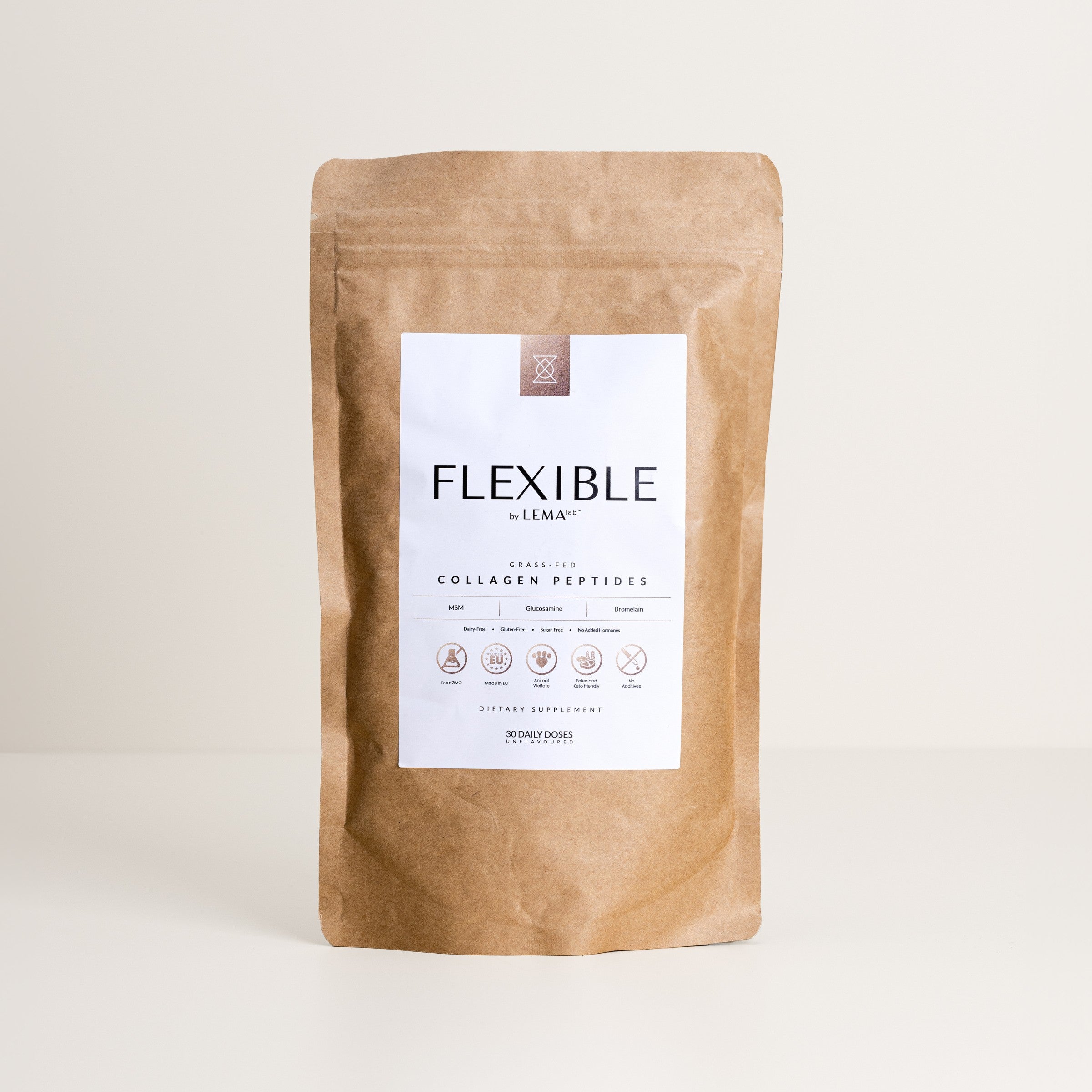

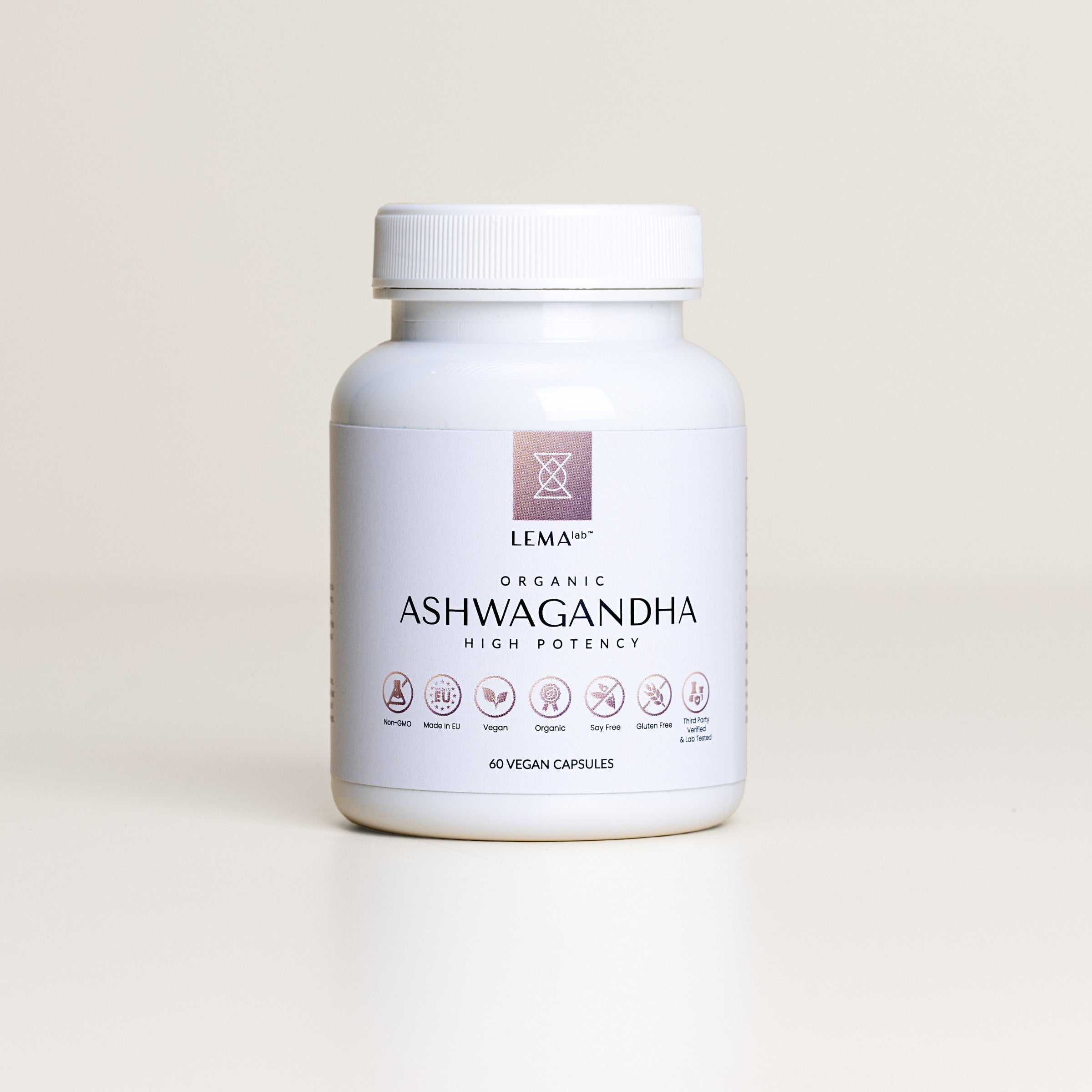

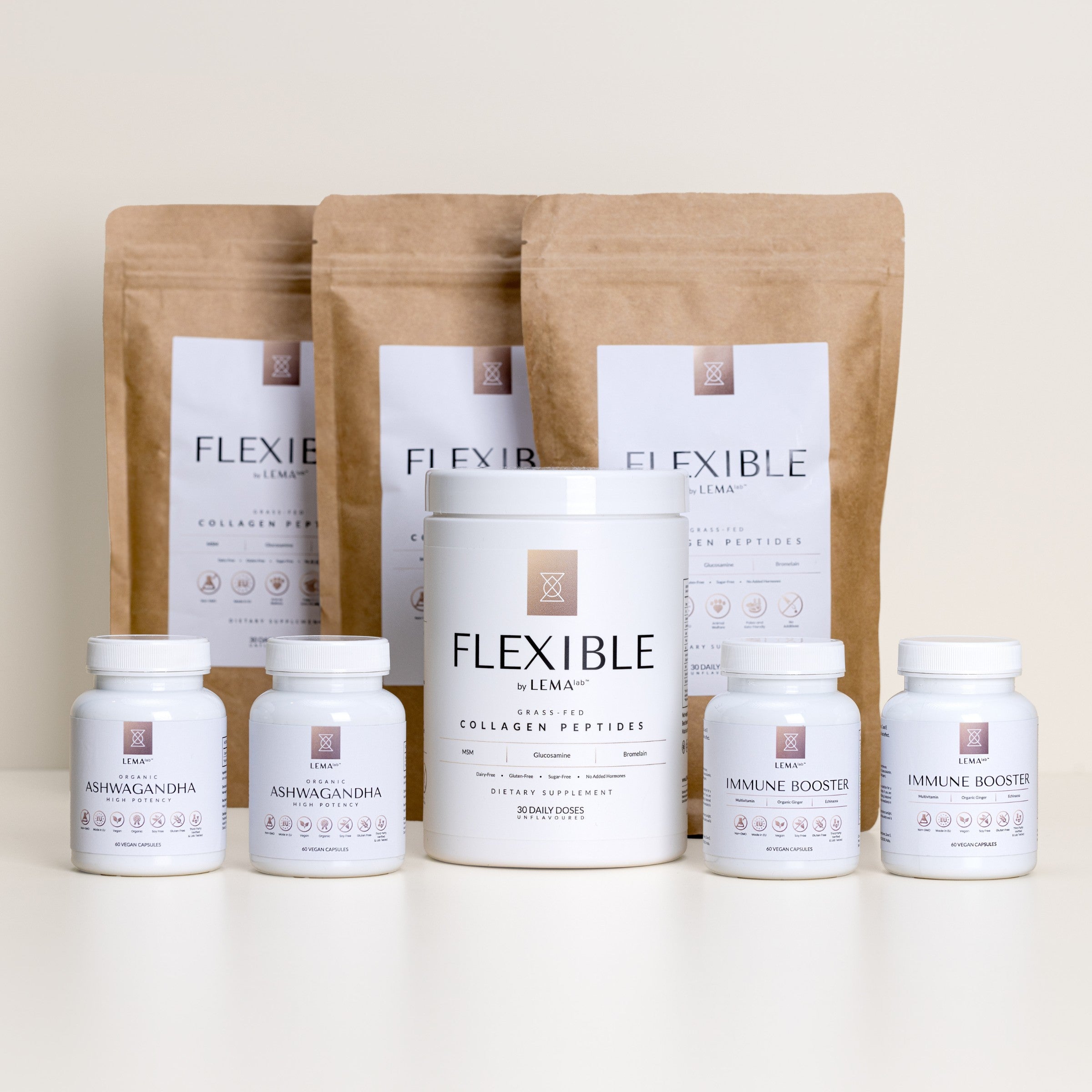
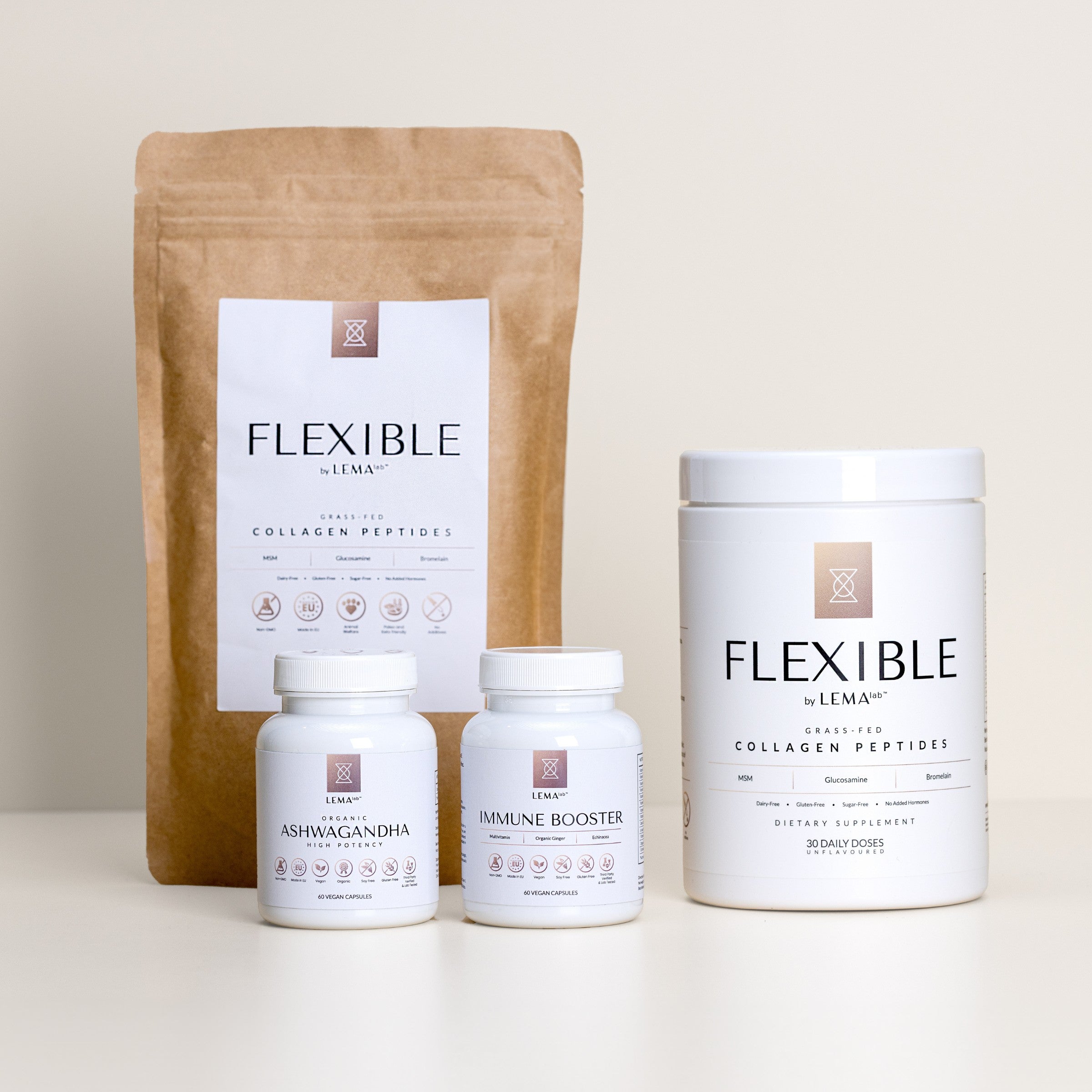

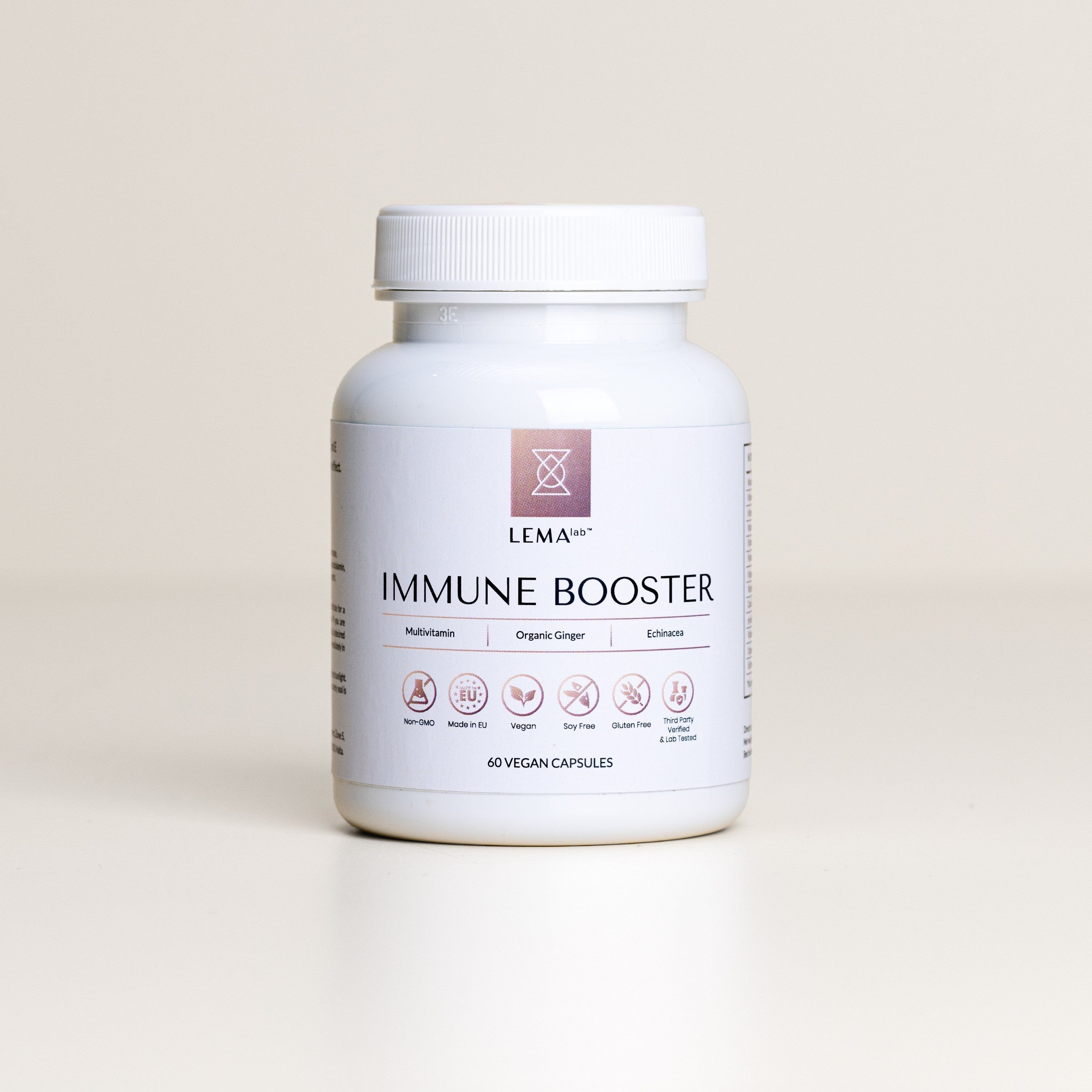

Leave a comment
This site is protected by reCAPTCHA and the Google Privacy Policy and Terms of Service apply.